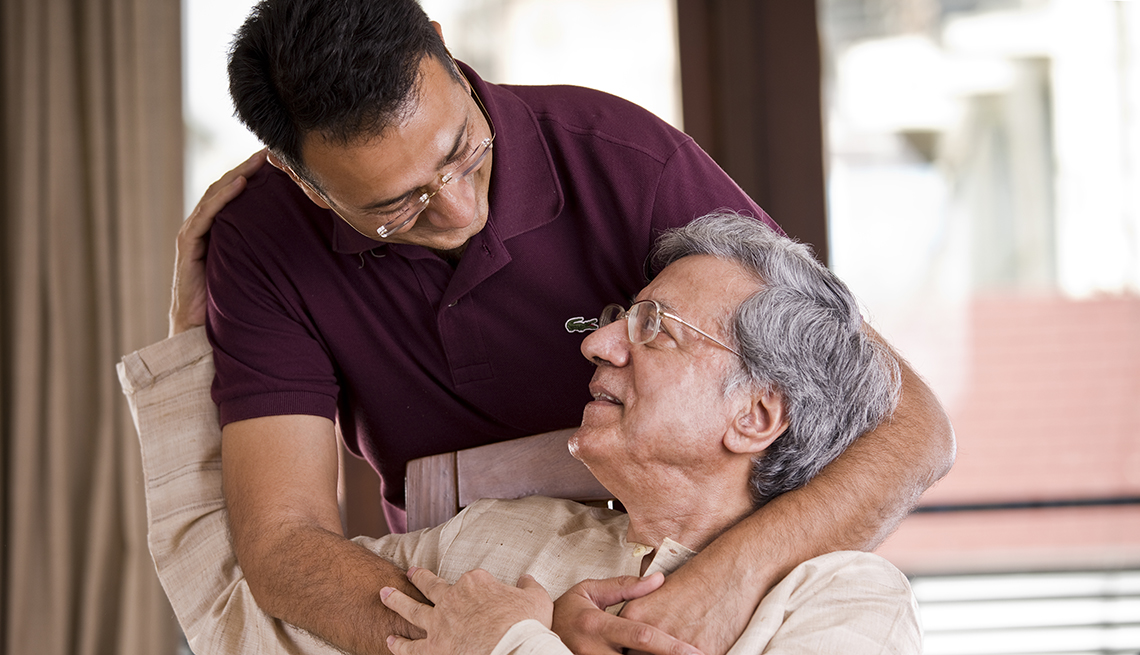
Create confidence and don't fear failure as a caregiver
- Select a language for the TTS:
- UK English Female
- UK English Male
- US English Female
- US English Male
- Australian Female
- Australian Male
- Language selected: (auto detect) - EN
Play all audios:
FIND YOUR OWN WAY. There often is more than one right way of caregiving. Yet not knowing exactly how to proceed makes many of us fearful of making mistakes and causing harm. In reality,
caregiving is a journey of experimentation and discovery in which we figure out through trial and effort the way of accomplishing tasks best suited for our loved ones and ourselves. This
isn’t exactly “fake it till you make it.” It is having trust we are capable of climbing a learning curve to become more efficient and effective. CORRECT NEGATIVE BIAS. Many anxious
caregivers ignore the many things we do well but dwell on the few with which we struggle. We believe we are inadequate because, as the old saying goes, “one bad apple spoils the whole
barrel.” But such a negatively slanted view only causes us to unfairly and unproductively beat ourselves up. Rebalancing the negative with positive is the first step toward gaining a more
accurate self-appreciation. For every mistake or mishap for which we blame ourselves, we should reflect on three or more of the small victories we achieve daily but take for granted — for
example, arriving at the doctor’s office on time, learning about a drug’s side effects or making a care recipient laugh. LIMIT WHAT-IFS. Every caregiver needs to create contingency plans for
the range of possible future scenarios — worsening disease or depleted savings, for instance. But if our pragmatic planning turns into implausible worries about tomorrow, then our today
will be ruined by anxiety. We need to recognize when catastrophic events have low probabilities of actually occurring and then give them less importance and space in our thoughts. Easier
said than done? We can enlist the help of health care and social service professionals to better gauge what is really worth fearing. ACCEPT WHAT IS. Care recipients fall because their legs
are weak, they forget to use their walkers or they trip. They get more confused because they mix up their medications or they suffer more strokes. There are some factors we can control to
prevent bad outcomes; most we can’t. Our measure of caregiving success shouldn’t be keeping our loved ones forever safe and sound, but giving them the best chance at comfort through tough
times. We only really fail if we don’t really try. In hindsight, I think I fretted too much about preventing what catastrophes could happen to my stepfather and mother, and focused too
little on simply being with them as they were declining. Fear of failure didn’t make me a more attentive, capable or loving caregiver — it only made me more distracted with exaggerated
worry.